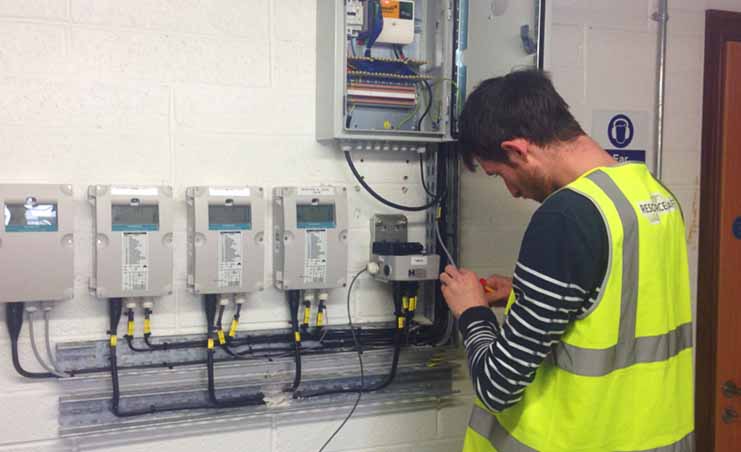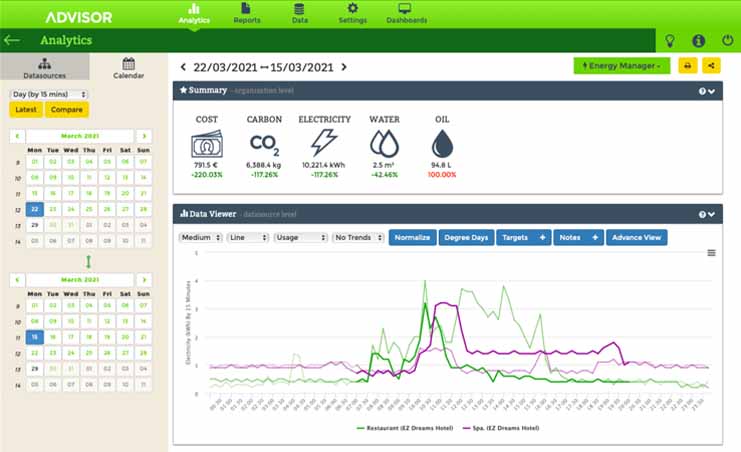One of the biggest problems faced by renewables is the unreliability of them – when the sun’s not shining, you can’t use it to heat anything. One way to solve this problem on a small scale is to have the turbines charge a battery, and then when there are periods of no wind the battery can take up the slack until the wind comes back again.

However, once you get passed a certain point the size of the battery required to hold enough charge, and be able to do anything useful for any length of time becomes highly impractical. One way that scientists have thought of combating this issue is with a giant reservoir of heat that can be used to pick up the slack while the sun isn’t there.
The Archimedes solar power plant in Sicily, Italy seems to be the solution to the problem. A 30,000 square meter field has been covered in mirrors that reflect the sun onto a pipe that carries molten salt heated to 550 C, which is stored in a tank and can be used to produce steam.
That steam is sent to a nearby power plant to reduce its need to use fossil fuels. It can continually be produced at any time of the day or night, cloudy or otherwise, until the heat has been taken out of the molten salt.
When the sun shines again the salt is reheated and the process starts all over again. Due to the thermal properties of the molten salt, it can be naturally stored at high temperatures for a number of days before it starts to get too cool to produce the salt.
Short and Sweet Headlines are Best!
That’s all well and good for countries with massive amounts of sunlight to keep the salt molten, but what good is that to countries like Ireland where the sun hardly ever seems to shine? Well, Ireland has one of the world’s greatest reserves of wind energy and with a bit of tinkering it may be possible to change the Archimedes plant to work with that. When electricity passes through a wire it gets hot so by putting a large coil of metal into a vat of salt and then connecting that coil to a nearby wind farm, we could have the wind heat up the salt instead of the sun.
This isn’t a solution we will see popping up in the next few months, but it is something to bear in mind for the future. We need to reduce our reliance on fossil fuels if we want to curtail the effects of global warming and due to the unpredictability of wind energy it’s unfeasible to solely rely on it for our energy needs. Instead of having fossil fuels and renewables competing for the top spot we should combine them, play to both their strengths, the reliability of fossil fuels and the availability of renewables.








